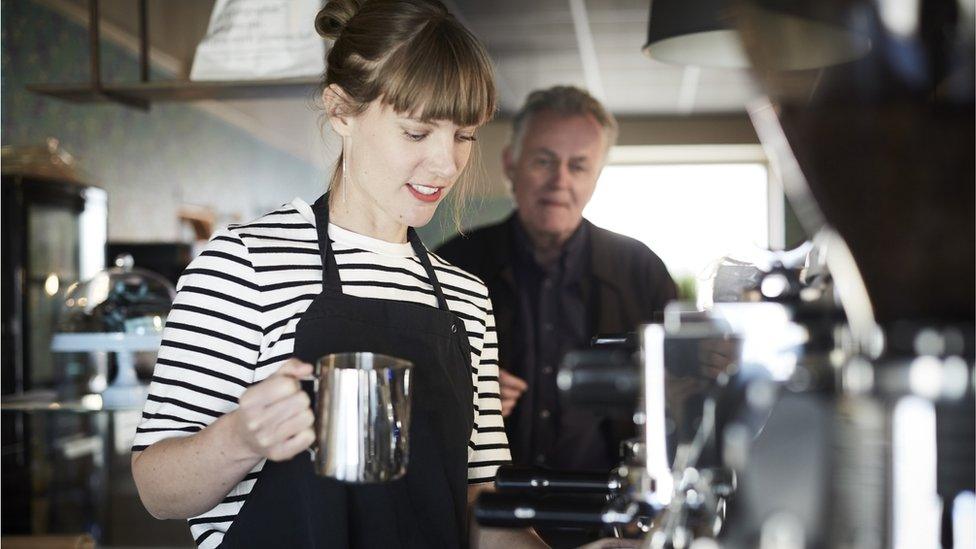Cost of living: 'Costs going up but finances stagnant'
- Published
Sheri says she is trying to do the best she can in the situation she is in
The cost of living crisis will affect everyone and for those caring for children with disabilities, it's another worry they could do without.
Sheri Jenkins spends most of her time caring for son Luke and said she feels "useless" because she can't help the family financially by getting a job.
Sheri says she needs her car to take Luke to college and she can't turn off the heating due to Luke's low immunity.
"Everything is going up but your finances are stagnant," she said.
Luke has Down's syndrome, external, hearing problems and sleep apnoea, external so while Sheri has considered how to reduce costs, she also balances how they will impact her son's care.
Sheri, like many across the UK, is having to assess family finances amid a cost of living crisis. Prices in the UK are rising at the fastest rate in nearly 30 years, and people have been warned it could get worse.
Higher energy bills, stagnant wages and tax rises - including people paying more National Insurance - could leave average households with an extra £1,200-a-year hit to their incomes.
'We can't tell Luke to put another jumper on'
"The price of heating has gone through the roof and because of Luke's low immunity we have the heating on a lot," added Sheri, who lives in south Wales.
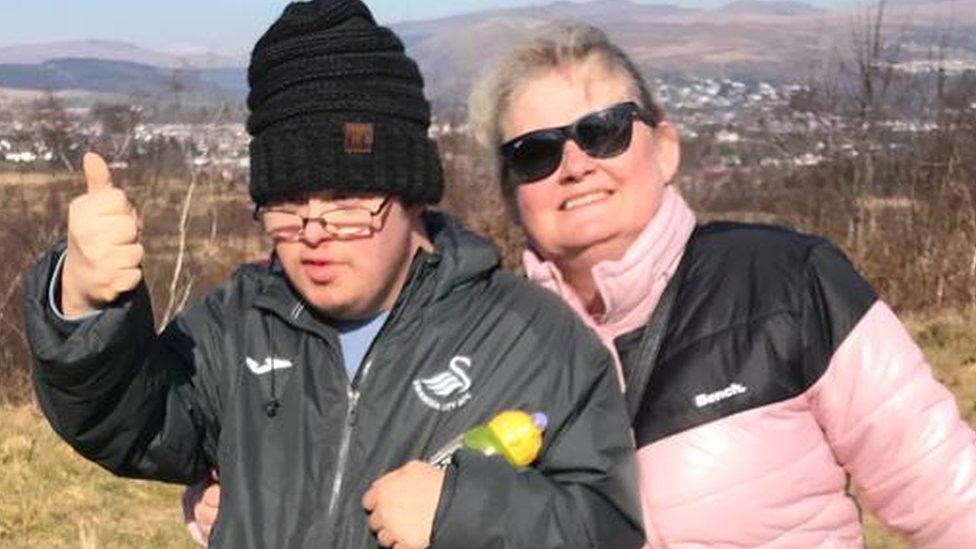
Sheri Jenkins and son Luke enjoy going for a walk
"We can't tell Luke to put another jumper on because he cannot comprehend that. So we've got to be very careful."
Luke goes to college a few days a week near his home in Merthyr Tydfil but walking or going on public transport are not an option.
Ros Atkins explains why UK households are being hit by rising prices.
"I couldn't walk him to college as we'd never get there," Sheri told BBC Wales Live. "So we have to have a car.
'I put £10 of fuel in not £20'
"It wasn't long ago that you would fill your car up. That doesn't happen anymore. So it's 'ok, put £10 of fuel in not £20' and it's £10 as and when really. It's ridiculous things like that you shouldn't have to think about."
When the £20 weekly uplift to Luke's Universal Credit was taken away, the fees he has to pay for carers went up, meaning overall he was £120 a month worse off.
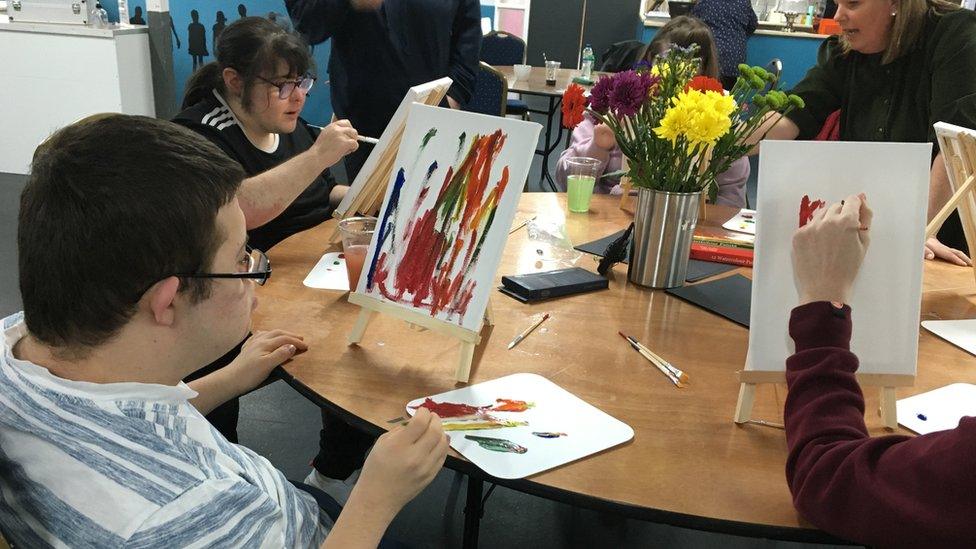
Luke enjoys attending art classes at the Twyn Community Hub in Merthyr Tydfil
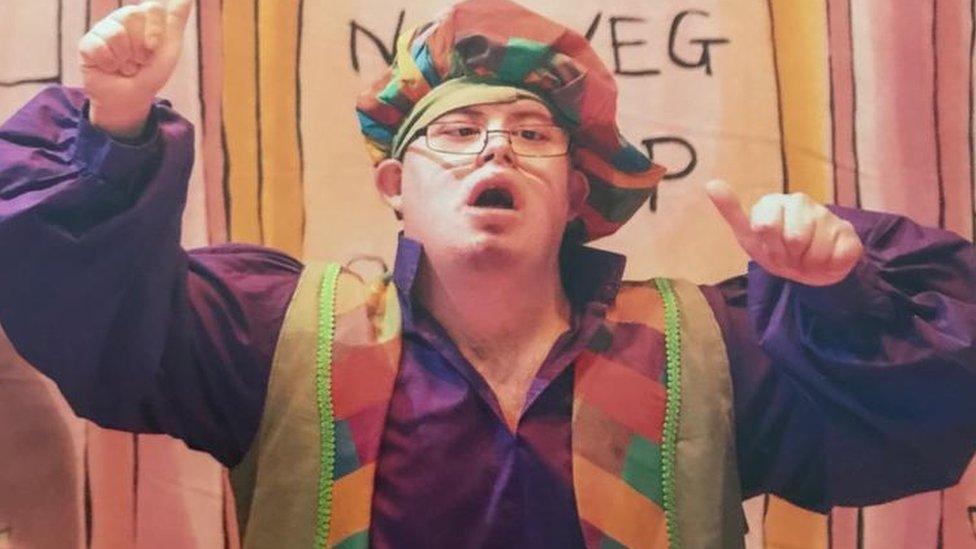
Luke attends college a few days a week
The family's main income comes from Sheri's husband Derek, who is a project manager in a garage equipment firm, but she has thought about how she could possibly help bring in some money.
'It makes you feel useless'
But she feels her "hands are tied" caring for her son.
"With Luke's hours in college, I couldn't even get a job between those," she said. "And, to be honest, I wouldn't be awake to do them either half the time… I'm so tired.
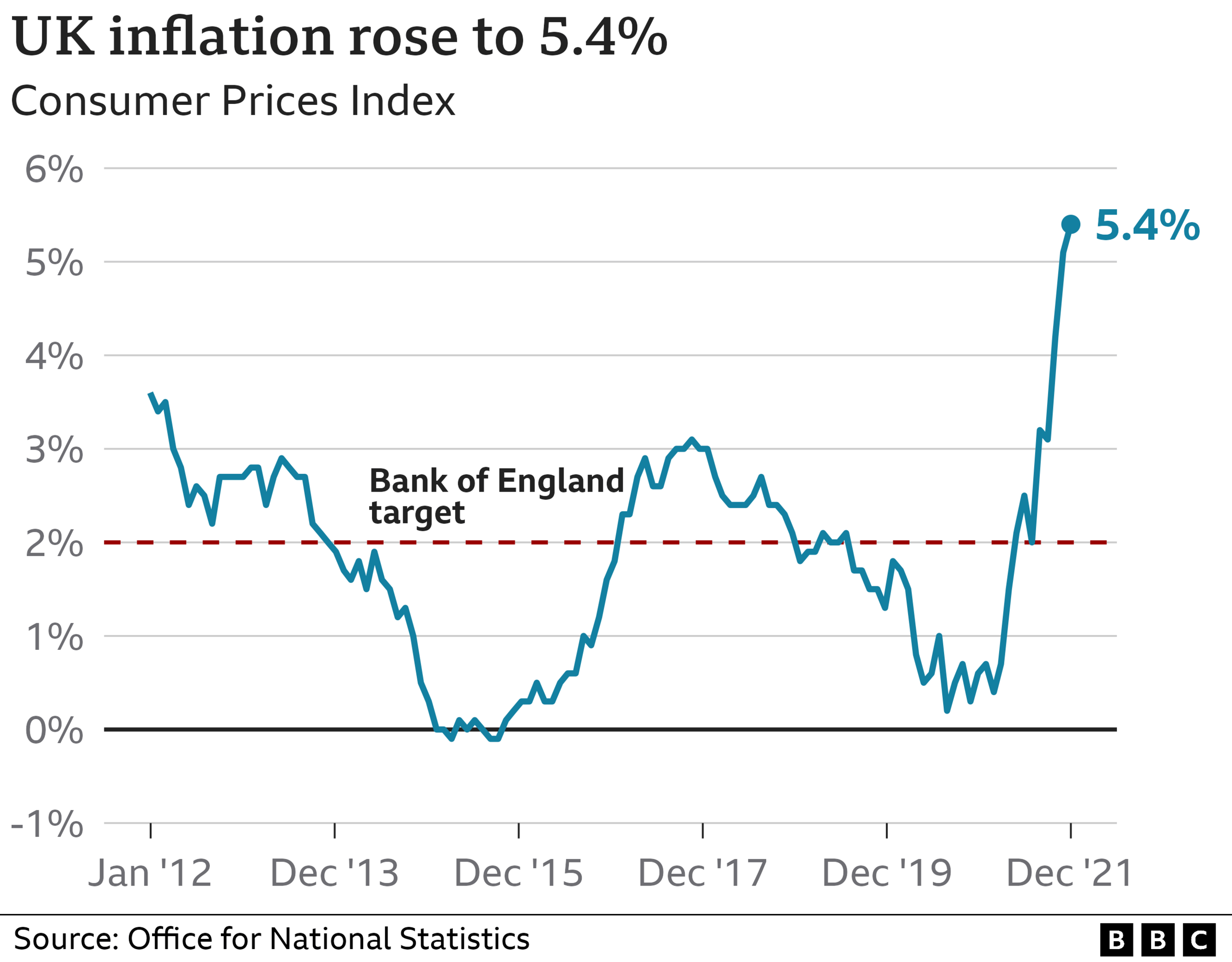

"It makes you feel useless. When your hands are tied it is very difficult."
'It's not just us, it's everybody'
Sheri said the costs of everyday life - heating the house, filling the car, and buying the weekly food shop - had become "ridiculous".
But she adds: "It's not just us, it's everybody."
Welsh government figures show there were nearly 50,000 applications to its hardship grants scheme, external last month, more than at any previous point in the pandemic.
Emergency Assistance Payments are worth about £65 and are for people unable to afford food or energy. About 31,000 payments were made.
Sheri often attends the Twyn Community Hub in Merthyr Tydfil, where the cost of living crisis is also troubling Jean Jones and Vicky Popp.
'I use my microwave more than my oven'
Jean said that as a pensioner on a fixed income she was worrying about the future with prices rising.
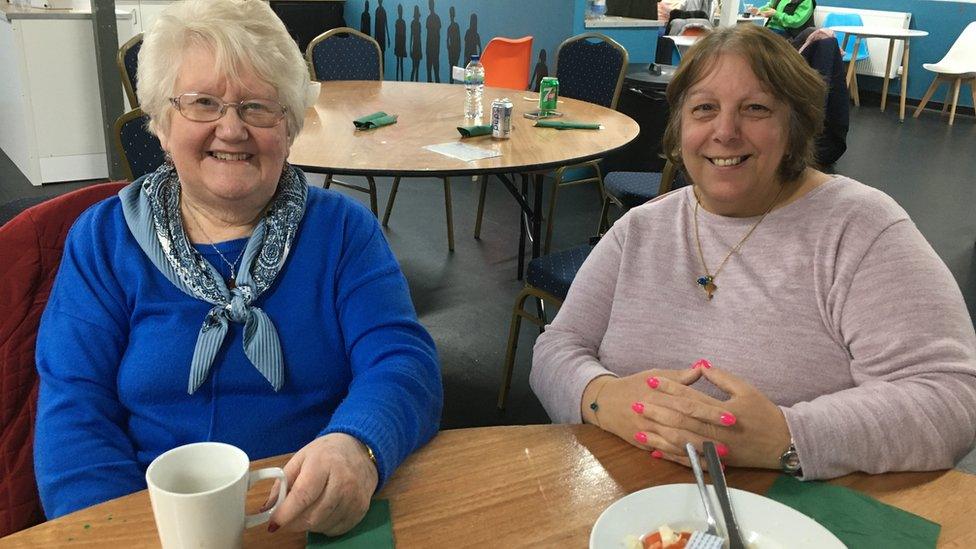
Pensioners Jean Jones and Vicky Popp are tightening their belts amid the cost of living crisis
"I've got a smart meter and prices have gone up almost double in the past three weeks," she said.
"I use my microwave a lot more than I use my oven because it's quicker and less costly, so I am trying to cut back as most people are."
'We don't want to get ourselves into debt'
For Vicky, the hardest thing about rising costs was not being able to afford to take her granddaughter to soft play or out for lunch.
"It upsets and depresses me," said Vicky. "We don't want to get ourselves into debt."
What does high inflation mean? The BBC's Colletta Smith explains in 90 seconds
She and her husband rely on his pension and they have had to cut back.
"When I'm out my husband doesn't put the heating on," added Vicky.
"I say 'you can't sit there in the cold', but he does because he wants to be careful with the bills."
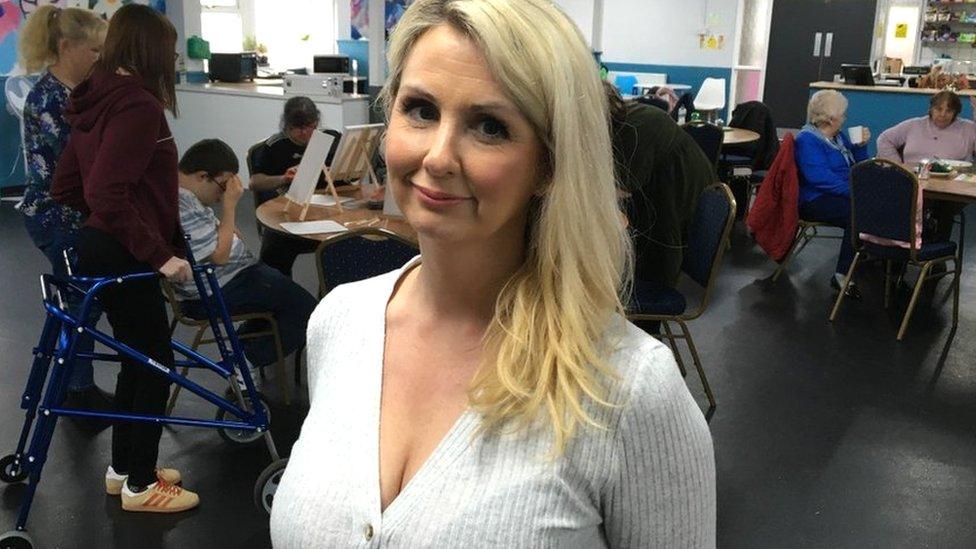
Louise Goodman has noticed more people using food banks and needing help with energy costs
Louise Goodman, who runs the hub, sees a lot of people every week and she believed a lot of people "are not coping really, they're just mulling along".
She has noticed more people using food banks and needing help with gas and electricity costs.
"It's really tough. They think they have no help out there," said Louise.
"I suppose everybody has a feeling of 'I just have to get by', that's the way people think with pride and everything, so by talking about it and saying everyone's in the same boat it's not such a taboo subject."
What are governments doing?
The Welsh government has doubled its winter fuel payment to £200 for people on certain benefits.
Ministers in Cardiff want the UK government to introduce a "social energy tariff" to help lower income households.
A UK government spokesperson said it recognised people were "facing pressures" with the cost of living:
"We're providing extensive support to those on the lowest incomes, including putting an average of £1,000 more per year into the pockets of working families on Universal Credit, increasing the minimum wage and helping with the cost of fuel bills," said a UK government spokesperson.
More on this story on Wales Live, BBC One Wales, at 22:30 GMT on Wednesday or catch up on BBC iPlayer.
If you are reading this page on the BBC News app, you will need to visit the mobile version of the BBC website to submit your question on this topic.
- Published1 February 2022
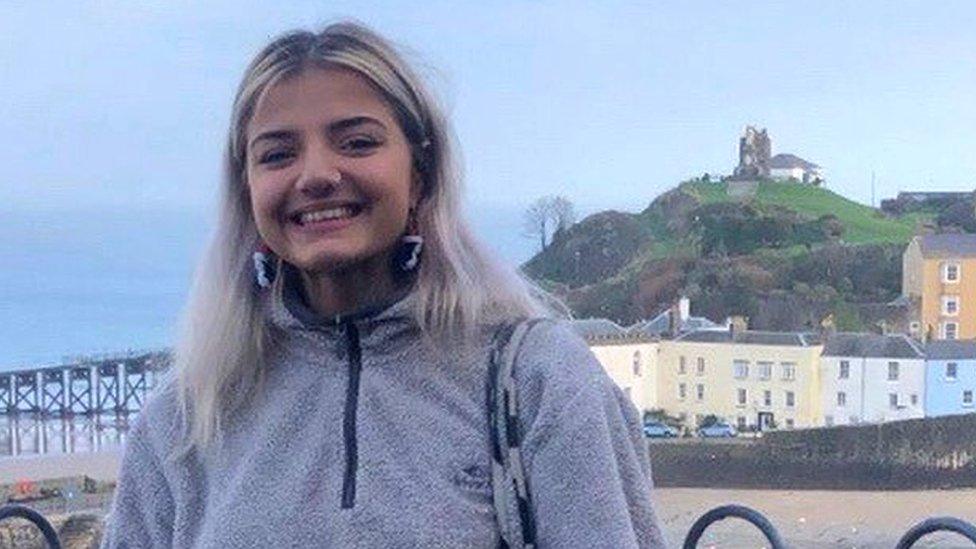
- Published25 January 2022
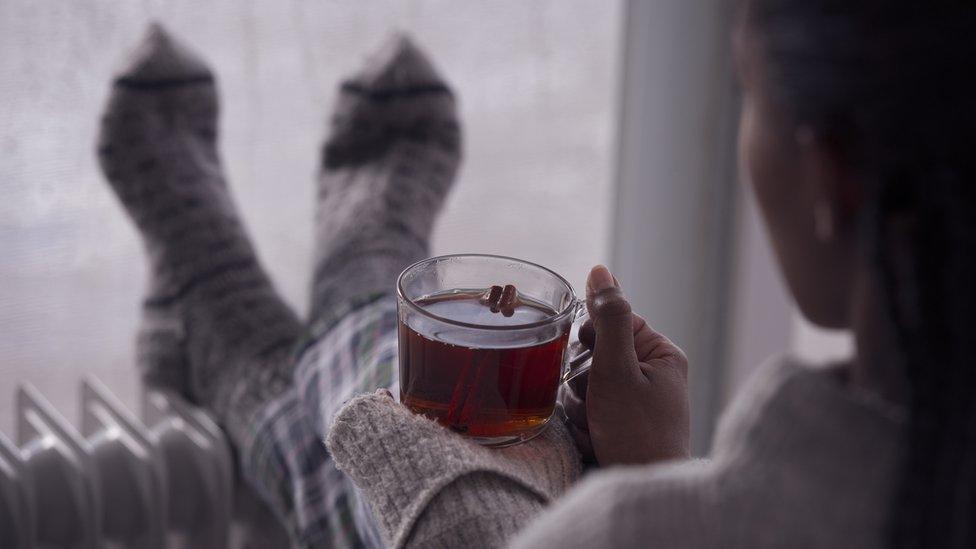
- Published19 January 2022
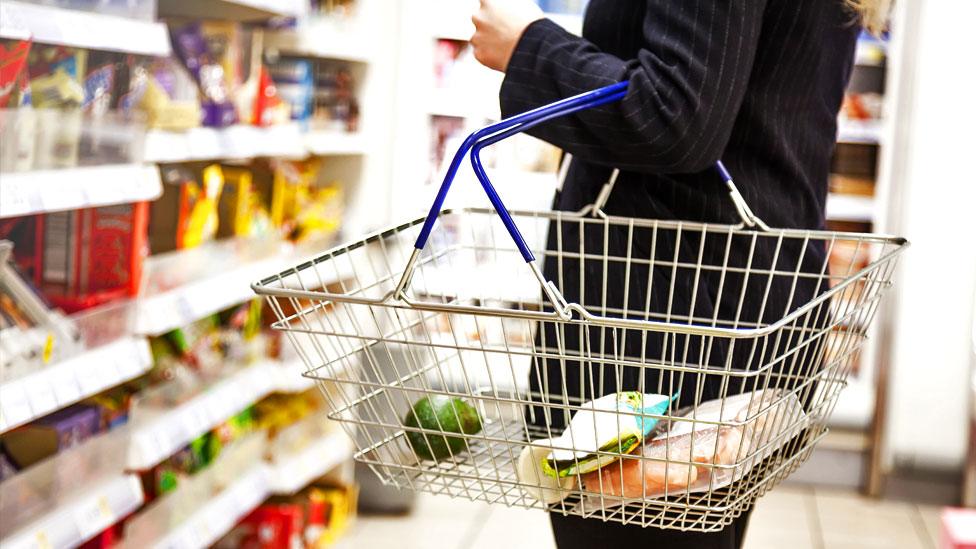
- Published18 January 2022
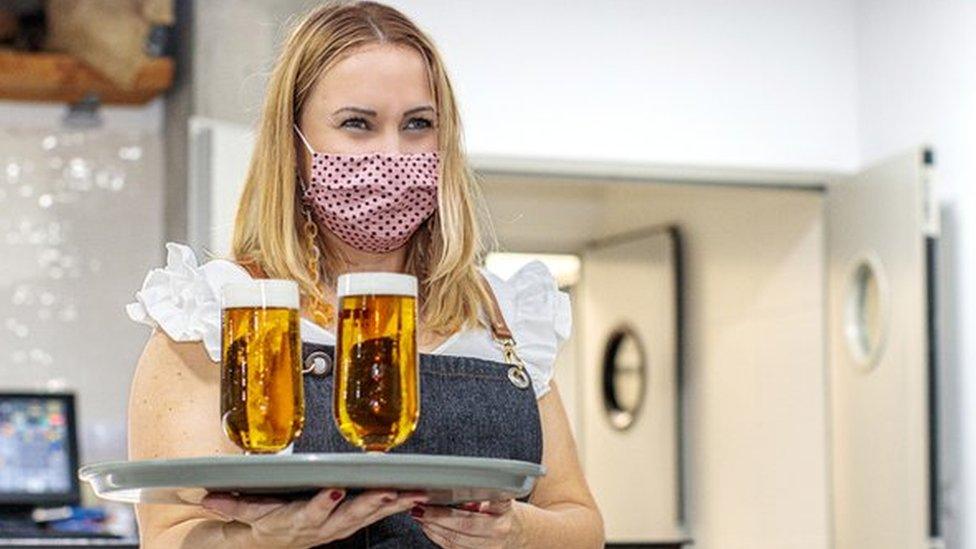
- Published19 January 2022

- Published16 January 2022
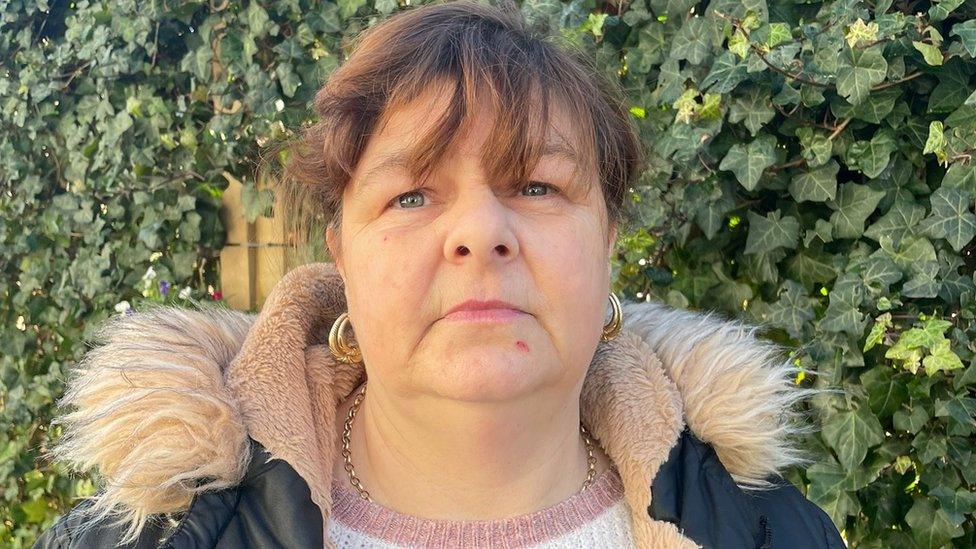
- Published12 January 2022
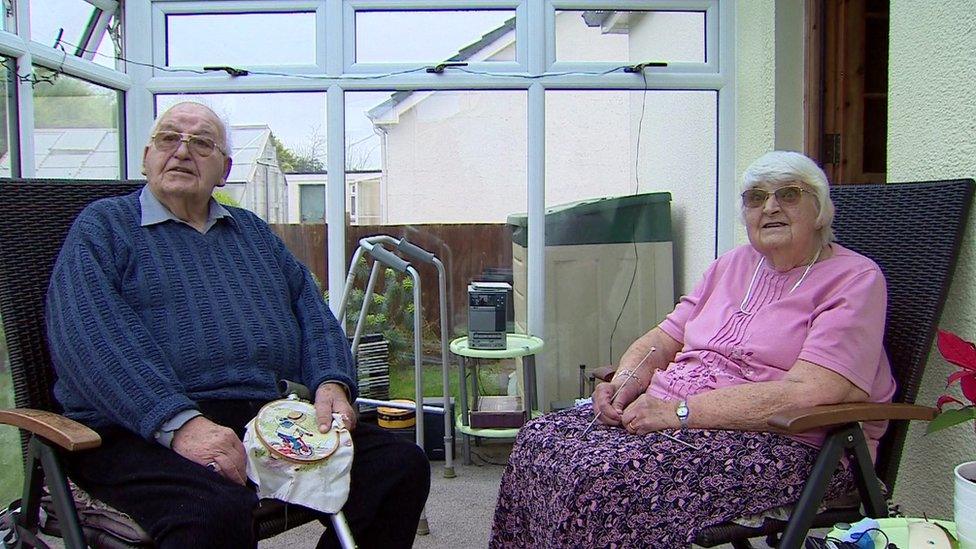
- Published12 January 2022

- Published5 January 2022
- Published29 December 2021
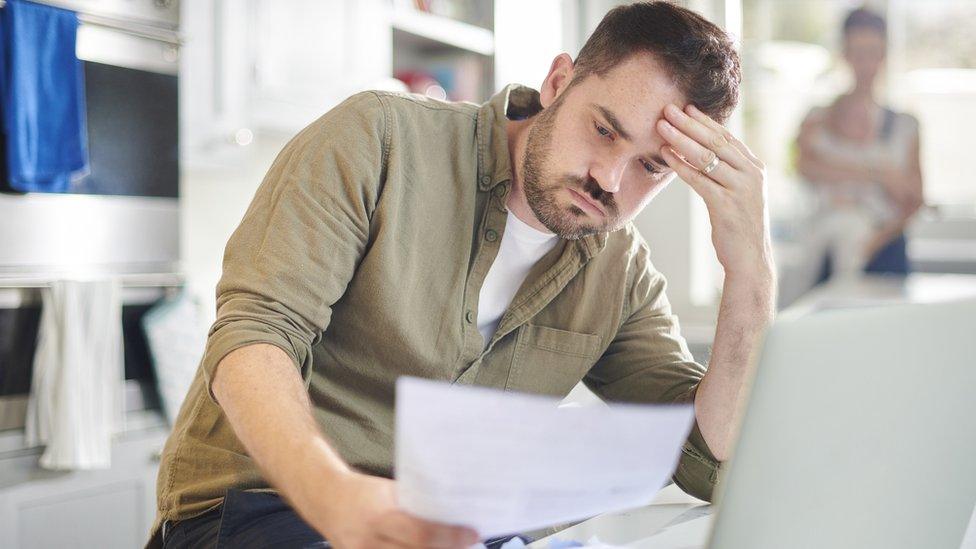
- Published27 December 2021
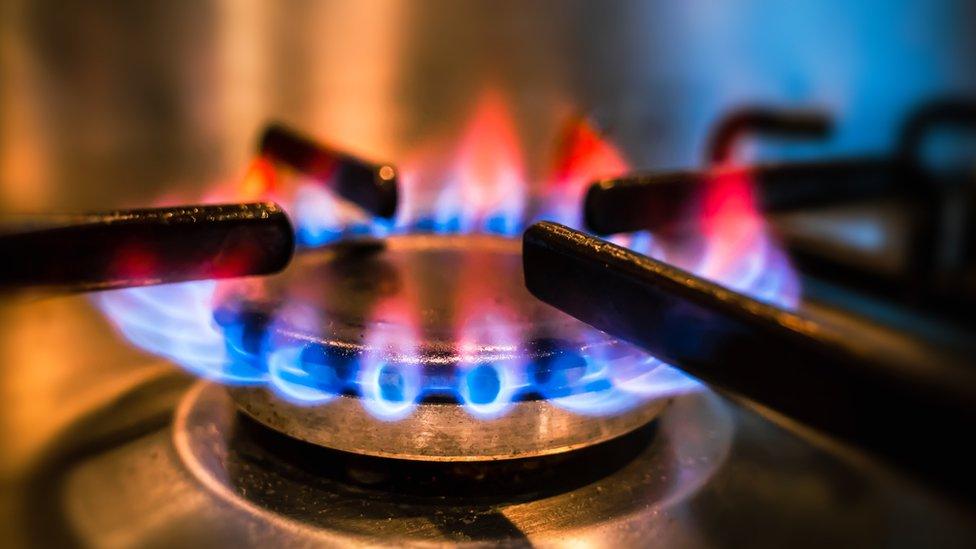
- Published15 December 2021
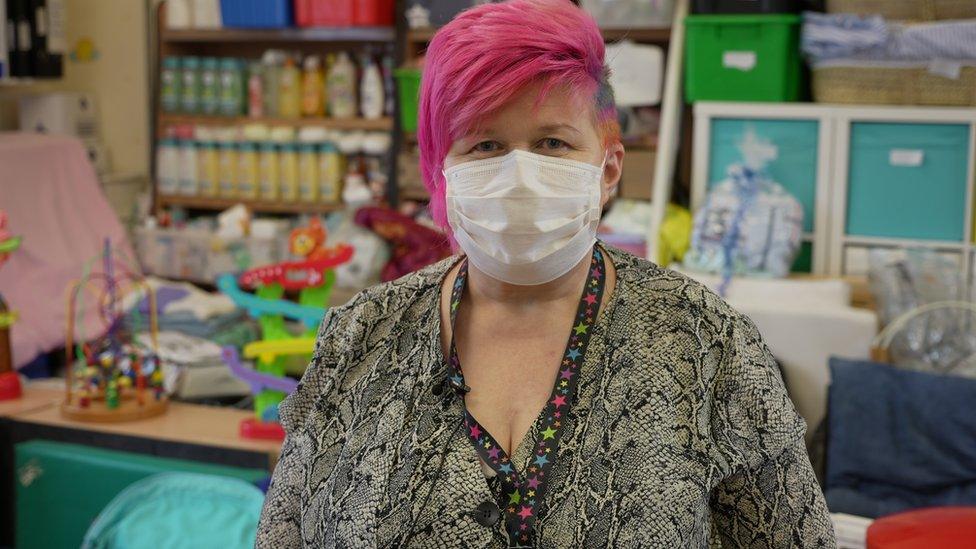
- Published15 December 2021

- Published6 November 2022
